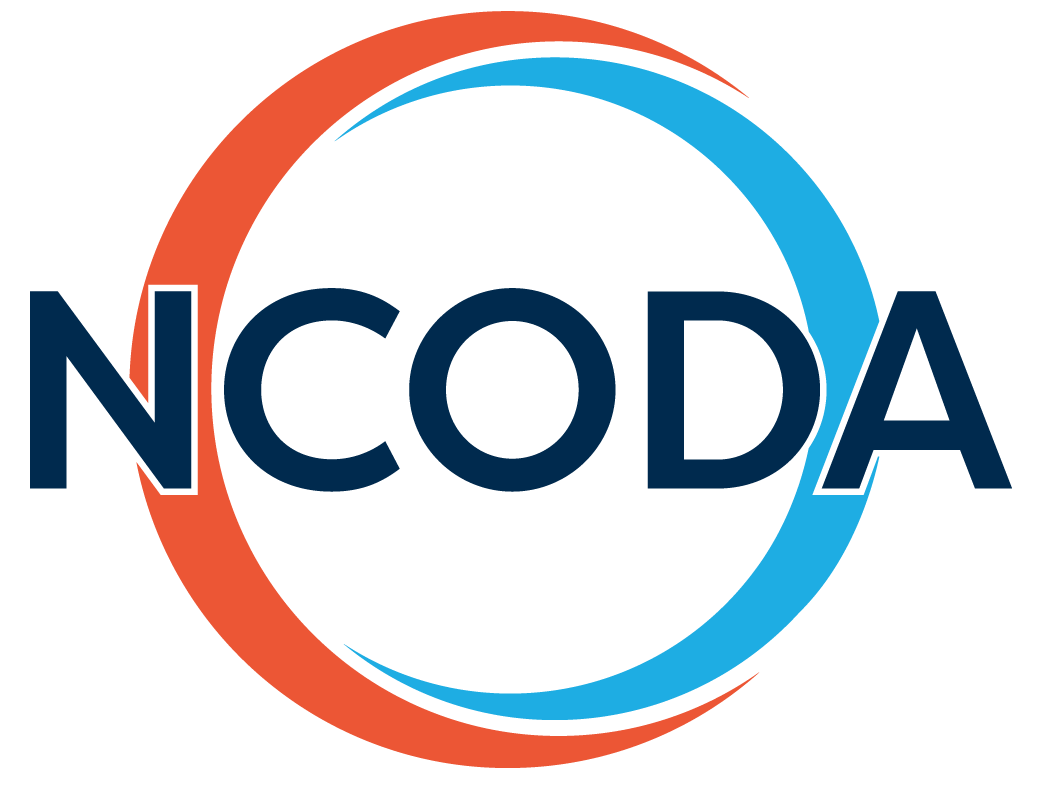2026 International Spring Forum
April 15, 2026 | 12:00 PM EST
Celebrating a Decade of Impact: Member Spotlight on Stephanie Parker, PharmD
Published Date: November 6, 2025
Share

Next in our series featuring members and the outstanding work they do, we introduce you to Stephanie Parker, PharmD, Retail Pharmacy Manager at Illinois CancerCare.
What is your role and what are some of your key areas of focus each day?
Stephanie – My day-to-day is always evolving. As Retail Pharmacy Manager, I oversee eight MIPs, with responsibility for staffing, compliance, contracting, and maintaining our dual accreditations. A big part of my work is ensuring operational efficiencies across all sites and fostering collaboration with providers so that patients receive seamless, high-quality care. I also spend a few hours each week staffing at our main retail pharmacy. That time keeps me closely connected to workflow processes and, most importantly, gives me face-to-face interaction with patients.
What was it that drew you to the profession?
Stephanie – My mom is a nurse, and I always admired her role in patient care. In high school, I took an elective that allowed me to earn my CNA license. That experience confirmed that I wanted to be involved in patient care, but without the hands-on physical side. From there, pharmacy, and especially community pharmacy, just made sense. It offered the patient interaction I loved, combined with the challenge of clinical problem solving.
In terms of oncology, ironically, I struggled with the oncology module in pharmacy school, and it was one of my least favorite subjects at the time. I’ve always been a people person and started my career in general community pharmacy, where I could engage directly with patients and see the impact of my work every day.
When a retail pharmacist position opened at my current clinic, one of my former technicians sent me the Indeed link, and I applied. During the interview, I learned more about the MIP model and realized it brought the best parts of community pharmacy to a smaller, more focused patient population, removed logistical barriers and improved treatment transparency. I quickly realized this was where I belonged. Since then, I’ve developed a strong passion for the MIP model and deeply value the work NCODA does to support it.
How does NCODA support you in your continued growth?
Stephanie – NCODA provides a wide range of practical resources, from treatment support kits to clear, patient-friendly education sheets. However, what has helped me grow the most professionally are the networking and mentorship opportunities. Much of what I do day-to-day wasn’t covered in pharmacy school, and NCODA has created a space where I can connect with others in similar roles, share best practices, and learn collaboratively.
Being involved in NCODA-led projects and working groups has pushed me to think beyond my individual practice and consider broader perspectives. The connections I’ve made and the mentorship I’ve received have played a major role in my continued growth and engagement in oncology pharmacy.
Is there a memory or moment that comes to mind where you were most proud of your work?
Stephanie – In my first year as a staff pharmacist in the MIP, I worked with a lung cancer patient to manage her oral medications alongside in-office treatments. We focused on reducing side effects and improving her quality of life. She responded so well that her care team cleared her to burn real wood in her fireplace; something she hadn’t been able to do in years. She was so thrilled that she came to the clinic just to tell me. She credited our medication management work as the reason she got through treatment and could enjoy that part of her life again. Sharing that moment with her was incredibly rewarding and is a prime example of why I chose this profession.
What do you see on the horizon in terms of changes that may impact your role?
Stephanie – While not a new change at this point, one of my concerns is the impact of the CMS ruling from May 2023, which led to a decrease in MIP dispenses. As prescriptions for Medicare beneficiaries are redirected to mail-order pharmacies, we experience lack of clear communication or transparency about when prescriptions are sent or received, and it becomes much harder to manage patient care effectively. In many ways this undermines the very model that allows for better coordination, adherence, and outcomes in oncology.
As NCODA celebrates ten years of working to advance patient-centered care, we thank you all for what you do each day.
Explore More

Perspectives
Celebrating a Decade of Impact: Member Spotlight on Dallas Lawry, DNP, FNP-C, AOCNP
As NCODA celebrates 10 years of advancing oncology care, we’re spotlighting the members who embody compassion and leadership in their work every day. Meet Dallas Rose Lawry, DNP, FNP-C, AOCNP, Pancreatic Cancer Nurse Practitioner at UC San Diego, whose personal journey through loss and resilience inspires her work leading a virtual diagnostic clinic and survivorship program for pancreatic cancer patients.
September 23, 2025

Perspectives
Celebrating a Decade of Impact: Member Spotlight on Andrew Ruplin, PharmD
As NCODA marks 10 years of advancing patient-centered oncology care, we’re spotlighting the members who make a difference every day. Meet Andrew Ruplin, PharmD of Fred Hutchinson Cancer Center and UW Medicine, whose dedication to patients and passion for innovation exemplify what it means to be part of the NCODA community. Read his story in our latest member spotlight.
September 12, 2025

Perspectives
NCODA AT 10
This article is about the founding and evolution of NCODA, sparked by the growing need for better oral oncolytic care, and how the organization has continued to adapt, innovate, and stay true to its patient-centered, collaborative mission over the past decade.
April 21, 2025






